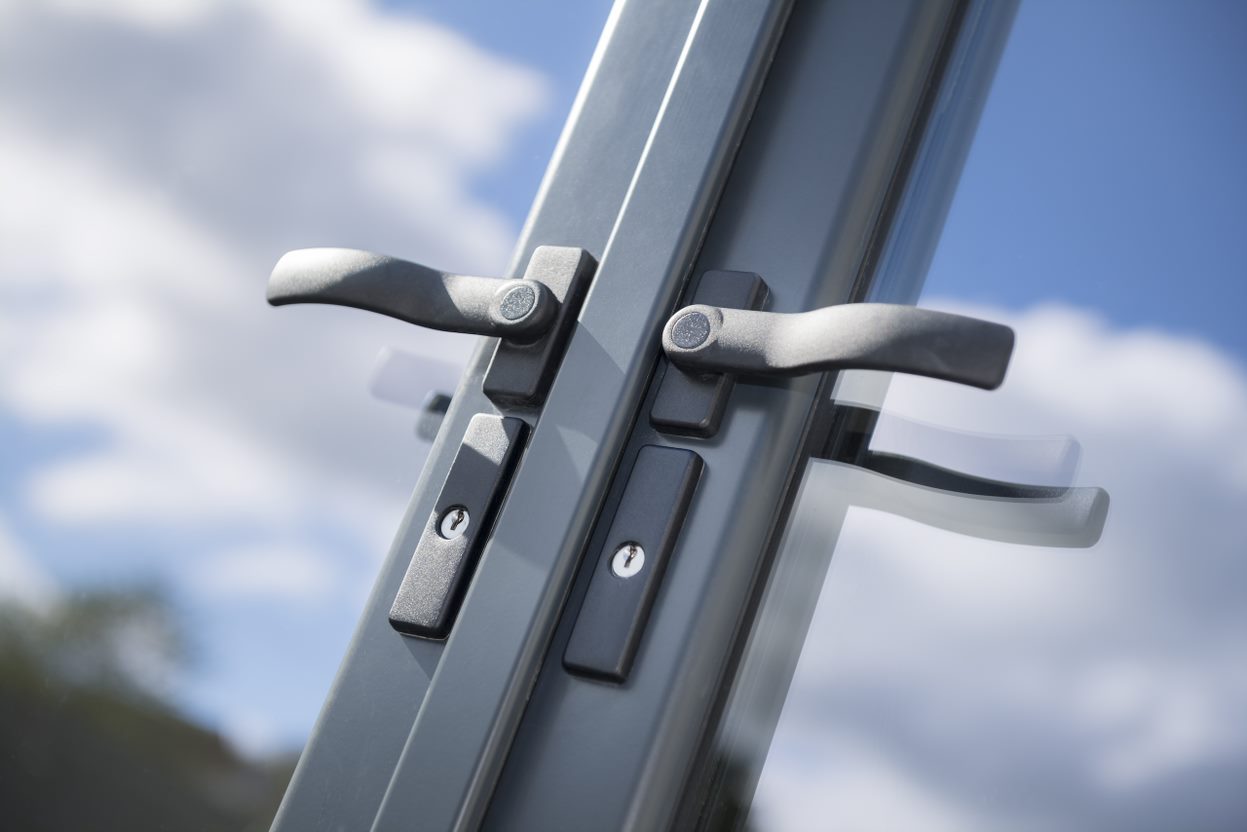Door hardware plays a vital role in the total performance and security of residential and commercial properties. Whether it's a simple doorknob, a deadbolt, or a complete locking system, the hardware that protects our doors is typically considered granted-- till it breakdowns. Understanding the common issues, repair approaches, and maintenance tips for door hardware can save homeowner substantial time and cost. This short article aims to supply an informative summary of door handle locksmith (git.jsbarretto.com) hardware repair, assisting readers debunk the procedure and empower them to carry out simple repairs themselves.

Door hardware consists of numerous aspects including knobs, handles, locks, locks, hinges, and strike plates. The functionality of these components is essential; they need to work harmoniously to ensure the door runs efficiently and safely. Problems with door hardware may cause trouble in opening or closing doors, security vulnerabilities, or unanticipated repair expenses.
Sticky or Stuck Door Handles: This frequently happens due to misalignment, dirt buildup, or harmed parts within the handle mechanism.
Damaged Locks: Over time, locks may accumulate wear and tear from daily usage, resulting in problem in locking or opening doors.
Loose Hinges: Loose hinges can trigger doors to sag or not close effectively, leading to alignment issues.
Broken Strike Plates: Scratches, dents, or breaks to the strike plate can avoid the lock from engaging.
Squeaky Hinges: Hinges may need lubrication for smooth operation, and failure to maintain them can lead to irritating squeaking sounds.
Before starting the journey of repairing door hardware, it is recommended to collect common tools and materials. Here is a standard list:
Here are useful approaches to some common door hardware repairs:
Correct maintenance is crucial for prolonging the life of door hardware. Here are some beneficial tips:
Regular Lubrication: Depending on usage, lubricate hinges and locks at least every 6 months.
Cleaning up: Wipe down door handles and knobs regularly to keep them without gunk and dust.
Tightening Screws: Periodically inspect and tighten screws on door hardware to prevent wear and misalignment.
Evaluation: Perform a regular examination of doors and associated hardware for any signs of damage or wear, dealing with issues before they become considerable problems.
Weatherproofing: Apply weatherstripping or caulking around doors to avoid moisture damage and enhance energy efficiency.
Q: How do I know if I need to change or just repair my door hardware?A: If the hardware is noticeably damaged, considerably used, or if repairs do not restore performance, replacement might be necessary.
Q: Can I repair door hardware myself?A: Many small repairs can be carried out by property owners with fundamental tools and abilities. Nevertheless, for intricate issues or locks needing sophisticated security features, a professional may be required. Q: How often ought to I lubricate my door hardware?A: A great general rule is to oil hinges and locks every six months, or more frequently in high-use circumstances. Q: What ought to I do if my door won't lock properly?A: First, check the lock and strike plate for positioning issues. If problems continue, oil the lock and consider the possibility of a breakdown needing replacement. Door hardware repair is an important skill for house owners and home managers, supplying them with the resources to maintain security and functionality in their areas. By acknowledging common issues, employing uncomplicated repair techniques, and practicing routine maintenance, people can minimize their reliance on specialists and save money in the long run. Whether it's a stubborn handle or a worn-out lock, being notified and proactive is key to keeping doors operating efficiently and safely. With this guide, readers now have the understanding to address numerous door hardware issues confidently.
Məlumat tapılmadı!
